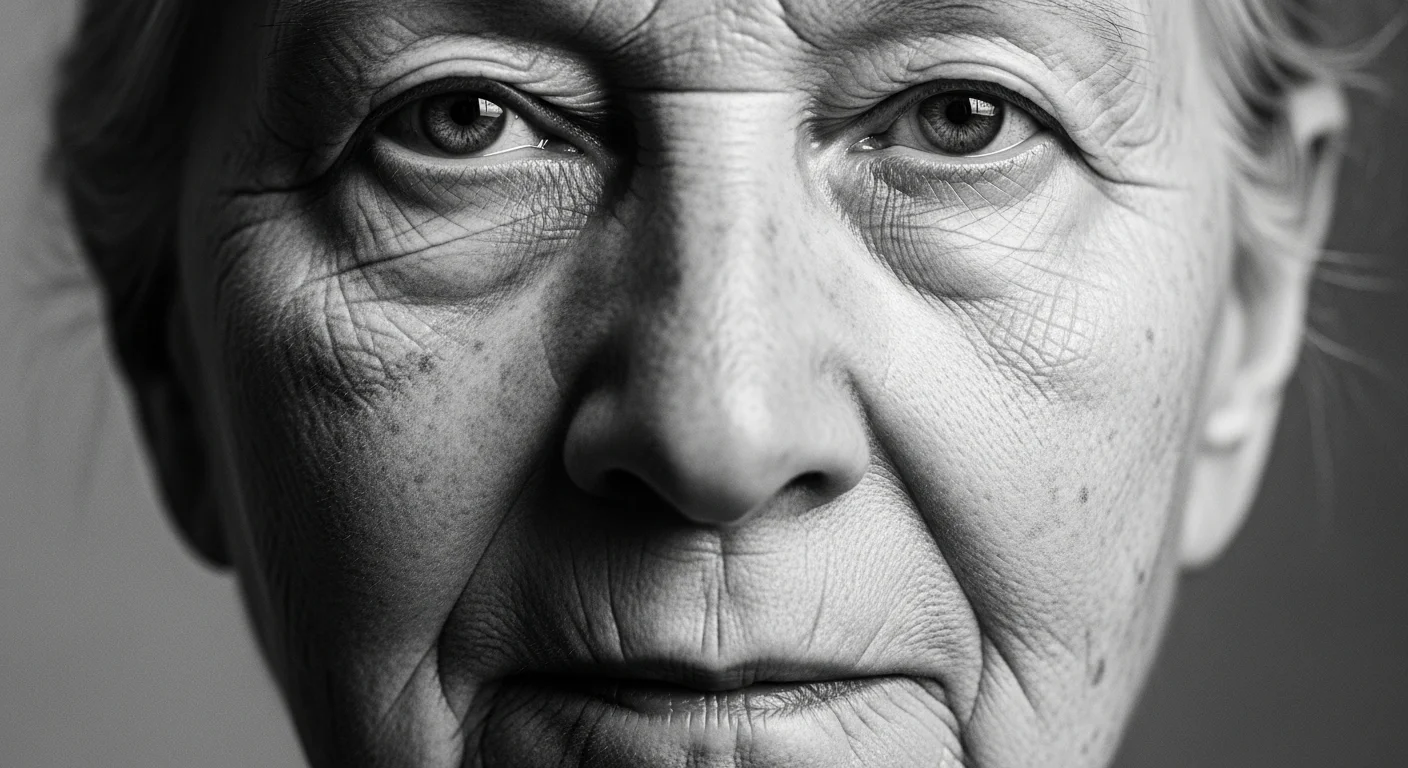Conquer Age-Related Weight Gain: Proven Strategies for a Healthier You
It’s a common observation: as we age, it seems easier to gain weight and harder to lose it. This is a natural phenomenon linked to the aging process, with changes in hormone production and metabolic rate playing significant roles.
But don’t despair! Weight management is still achievable. Understanding the changes your body undergoes can empower you to adopt effective strategies. Based on insights from health resources, let’s explore the reasons behind age-related weight gain and how to combat it.
Muscle Loss: The Silent Culprit
Generally, after the age of 30, muscle mass decreases by 3-8% every decade. This rate often accelerates after 60. Why does this muscle loss contribute to weight gain?
Muscle burns more calories than fat. If you maintain the same dietary habits as when you were younger, but have less muscle mass, the excess calories will be stored as fat. That’s why fitness experts emphasize the importance of regular strength training exercises.
Slowing Metabolism: The Energy Equation
As muscle mass declines, so does your metabolism. Metabolism is the process of converting calories into energy.
A slower metabolism, combined with reduced physical activity and other lifestyle changes, inevitably leads to weight gain. Instead of resorting to extreme diets, focus on sustainable habits like:
- Drinking water frequently throughout the day.
- Eating a nutritious breakfast.
- Reducing snacking between meals.
- Eating meals slowly and mindfully.
Hormonal Shifts: A Midlife Transformation
Middle age brings about significant hormonal changes for both men and women. Women typically experience menopause between 45 and 55, leading to a substantial decrease in estrogen production. This hormonal shift often results in increased abdominal fat. Moreover, the accompanying mood swings can make maintaining a healthy diet challenging.
Men also experience hormonal changes, with testosterone levels typically starting to decline around age 40, decreasing by approximately 1-2% per year. Testosterone plays a crucial role in regulating fat distribution, muscle mass, and strength. Lower testosterone levels can impair the body’s ability to burn calories efficiently.
Altered Sleep Patterns: Rest and Reset
Aging often affects sleep patterns. It might take longer to fall asleep, you might wake up more frequently during the night, or you might find yourself waking up earlier than before.
Sleep deprivation can disrupt the neuroendocrine appetite control system, affecting your metabolic rate. Reduced sleep duration can lead to an increase in ghrelin, the "hunger hormone," which can increase food intake and lead to poor food choices, often favoring energy-dense options.
Therefore, identifying the underlying causes of sleep loss is crucial. Simple changes like avoiding screen time before bed, practicing meditation, or even switching your pillow can make a significant difference.
Increasing Responsibilities: The Demands of Life
The 40s and 50s are often a time of career advancement and increased responsibilities. While professional success is rewarding, it can also contribute to weight gain.
If you spend eight or more hours a day sitting at a desk, followed by social events and business dinners in the evening, it’s essential to find ways to counteract the sedentary lifestyle. Make it a point to stand up and move around frequently during the workday, and use your lunch break for a brisk walk.




